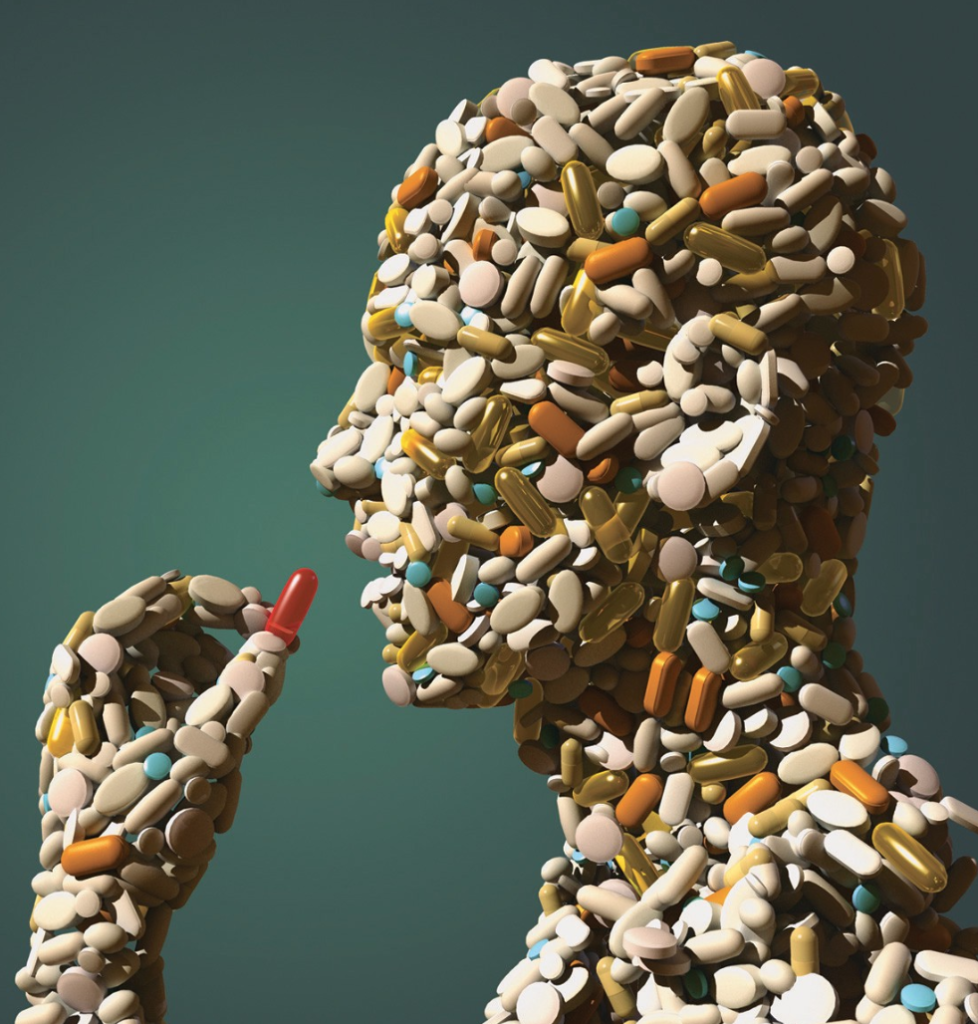
When it comes to health and wellness, it is quite human to make mistakes. I have made plenty of bad decisions when it comes to my own health. When disease takes over the body, it is the norm to turn to medicine to alleviate symptoms. However, sometimes medicine can cause more harm than good. Recently while jogging, I tripped over a crack in the sidewalk and scraped my knee. To alleviate the pain, I rubbed some anti-itch cream and Neosporin on the area; however, soon I became increasingly itchy all over my body. Even though my knee was the only injured area, I felt like a walking rash. After some on-line research, I found out that Neosporin can cause contact dermatitis, the explanation for more itchiness. Talk about a double whammy! I actually discovered the name for this is a real medical condition—Iatrogenesis—is, an unintended adverse drug reaction typically from a seemingly harmless treatment. Iatrogenic conditions don`t always result from allergic reactions. They can also occur from; multiple chronic diagnosis, medical errors, human error, back to back drug interactions, missed or high dosages of prescribed medicines, or equipment failure.
Actually, iatrogenesis is rather common and prevalent among the elderly. This is especially bad news for my grandfather, who takes several daily medications. Recently, my grandfather complained of a bad muscle cramp in his leg after he took a diuretic to remove fluid from his body, a bad headache followed, which he treated with a Tylenol. Most medications used to address symptoms of chronic conditions can be toxic to some degree and can cause damage to other parts of the body. For instance, a diabetes medication can be damaging to the liver. These issues are problematic because iatrogenic conditions can increase drug dependency for pain management.
Unfortunately, there are no sure ways to prevent iatrogenic conditions from happening. The best way to prevent an iatrogenic occurrence is a consultation with a medical professional about risks factors and medications. Since my grandfather takes numerous daily medications he and other elderly men and women need information that fully educates them about iatrogenic conditions. Optimal health involves maintaining a healthy balanced diet, drinking lots of water, exercising daily, avoiding multiple drug use, adhering to a strict drug schedule to prevent missed dosages, and maintaining a close and honest relationship with a physician.
Justene Gibson
BA in Health Science from California State University, Fullerton.
